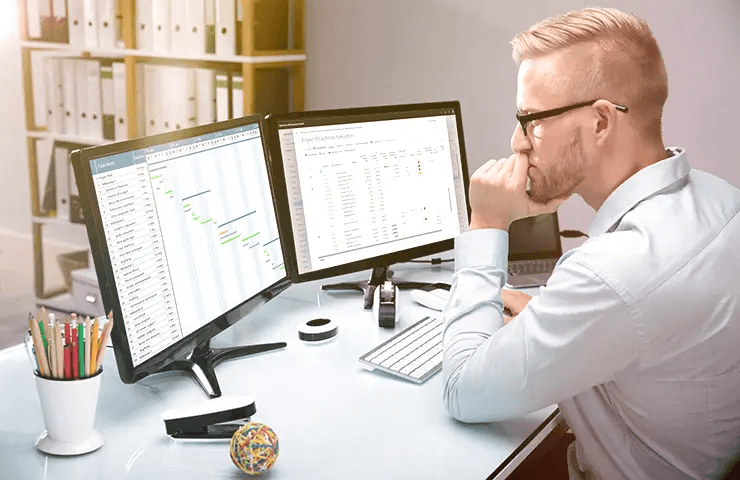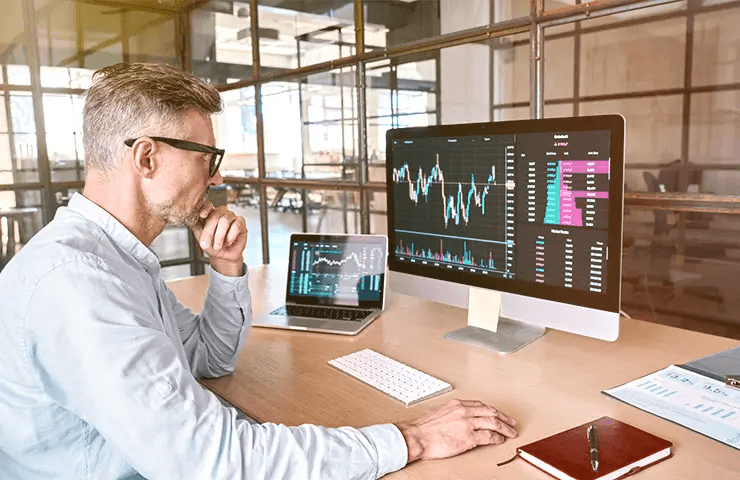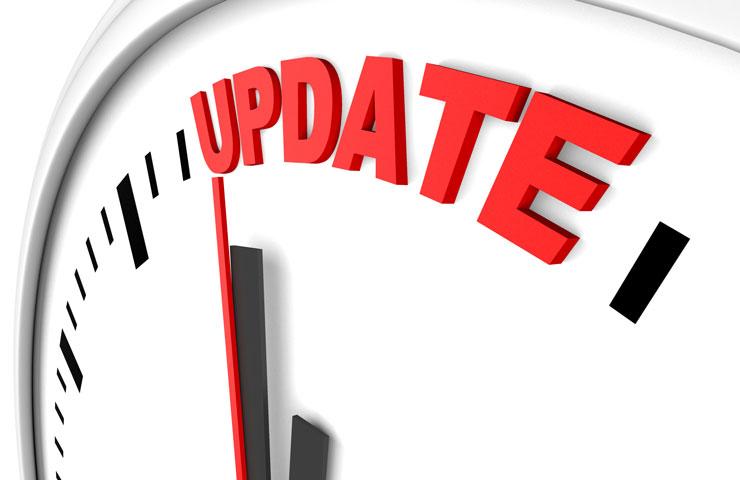
Containers come in all sizes and forms; from small wheelie bins to skips and large underground gantries. When it comes to collecting waste streams or recyclables, having visibility into your containers and their potential content is key. So do you know where your containers really are?
Tracking the impossible?
This is where the idea of tracking containers comes into play. After all, most of them can easily get lost or stolen – which in turn results in significant cost for waste management companies every year. Traditionally however, the cost of deploying large-scale tracking solutions has often been prohibitively high. Especially for low-value containers and wheelie bins. Hence, we all have learned to live with the nuisance of chasing bins. But do we really need to settle for that?
We at COSMO CONSULT think that there is more to container management than simply knowing where your containers are. A value we believe is too often overlooked is the contents inside our bins and containers – and how these contents change over time. This is where modern container tracking and management solutions come into play. They not only record the location of our mobile assets but also their current fill level.
While this seems simple enough, the results may vary for different types of containers and materials. For example, material tends to accumulate at the side of a bin, where the opening is. And how about the odd ironing board sticking out of a general waste bin? Modern tracking solutions need to consider a lot of factors to yield beneficial results. And one solution may not always fit all your tracking needs.
Smart intelligence for smart people
In terms of enterprise resource planning (ERP) solutions, knowing how much material is available for collection provides a great opportunity. After all, collecting empty containers costs both time and money – which can better be spent for growing and improving your business. Together with state-of-the-art fleet management and optimization solutions, this can lead the transition from static collection routes towards dynamic, demand-based fleet planning.
However, there is more to ERP solutions than optimizing our day-to-day work. Keeping track of how material supply changed in the past is a cornerstone for forecasting future demand. Using machine learning, intelligent systems can analyse massive amounts of data and generate better results – for instance identifying regional or customer-specific seasonality. Better forecasts give you time and room to act, rather than being forced to react.
A huge task for ERP solutions
While business users gain a lot of benefits, IT-minded people may find the complexity of such interconnected systems daunting, maybe even frightening at times. Indeed, we ask a lot of modern ERP solutions today. We need them to integrate different tracking solutions into one homogenous system easily and reliably. As solutions change over time, we need to be able to manage the changes quickly and easily.
Furthermore, we need a platform that can handle a huge amount of data being generated and transmitted by numerous sensors and bins. After all, there’s a reason they call it “big data”. We also need a solution that has built-in intelligence and that can support analysing the amount of data we are generating. And let us not forget that all of this should still be affordable even as our business grows.
Still, our business is to provide the best waste management and recycling services – not to invest in and operate expensive IT infrastructure.
Microsoft Dynamics 365 for Finance and Operations
This is where Microsoft Dynamics 365 and the Microsoft Azure cloud come into play. With Microsoft Dynamics 365 for Finance and Operations, Microsoft is moving away from an ERP system as a mere system of records and towards an integrated system of intelligence. In the background, Microsoft has invested heavily into its Azure cloud platform for many years. Today, it offers services for real-time data integration, business intelligence, machine learning, and big data analysis –to name just a few. This in turn helps our customers to drive their infrastructure costs down significantly while enabling new possibilities to transform their business. No wonder Gartner has recently named Microsoft Azure a leader in cloud services.
Therefore, we at COSMO CONSULT have chosen Microsoft Dynamics 365 for Finance and Operations as the platform for our Environmental waste management solution. We hope that you are as excited as we are to see what the future holds…
Keywords
More similar blogposts:
Found what you were looking for?
Start your intelligent search now






